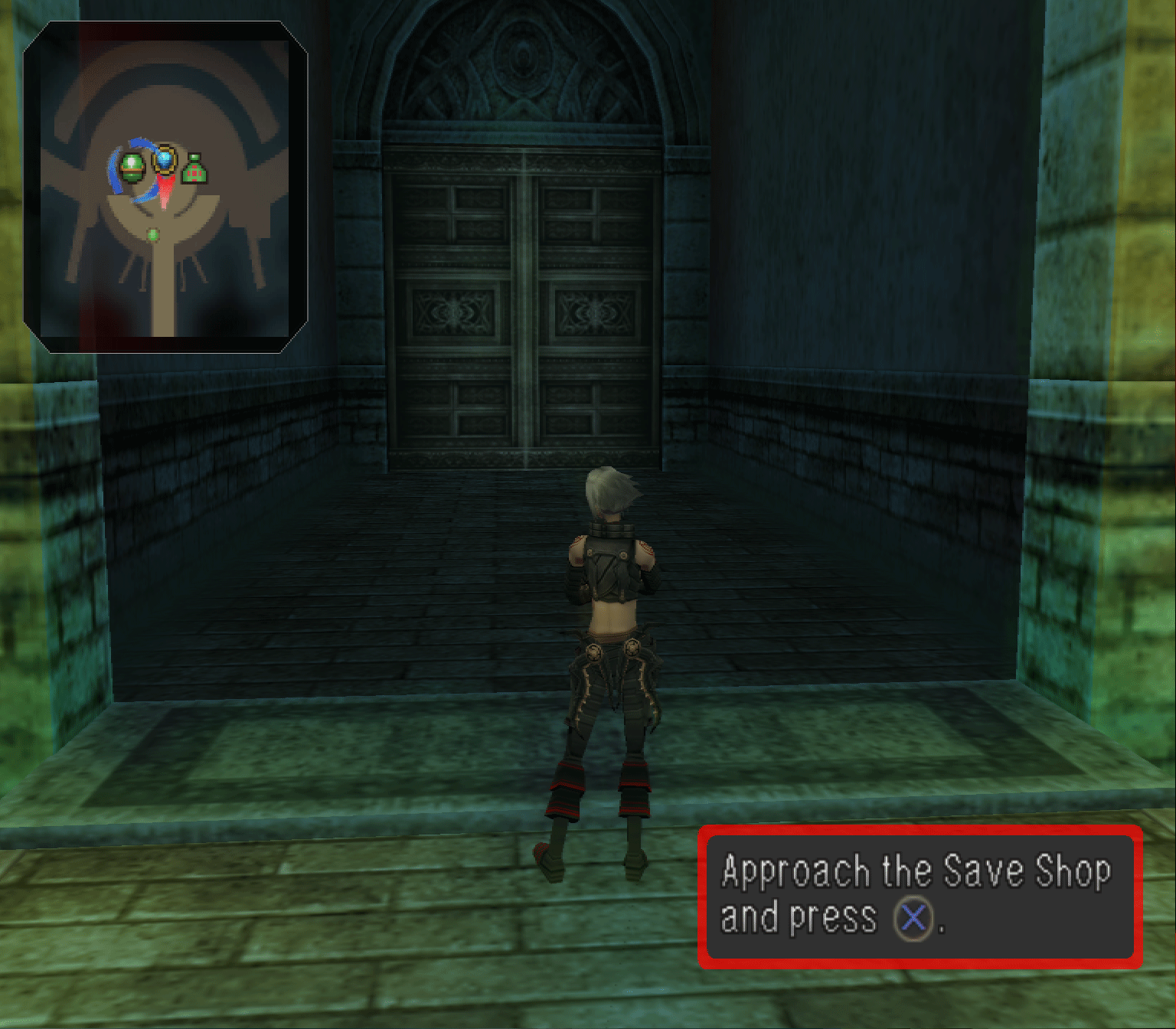

- #LINUX MAC OS EMULATOR FOR MAC OS#
- #LINUX MAC OS EMULATOR MAC OS X#
- #LINUX MAC OS EMULATOR INSTALL#
- #LINUX MAC OS EMULATOR CODE#
- #LINUX MAC OS EMULATOR PC#
This will launch Fedora Workstation through QEMU.

Noah does not allow the binaries to execute properly for me.
#LINUX MAC OS EMULATOR INSTALL#
This is basically how I set up git on my mac: after having installed MacPorts you just have to run the sudo port install git command to install git on your system. If you decide to go the virtualization route, consider also VirtualBox.Īlso, if you only need UNIX like command line tools, there is the MacPorts project.
#LINUX MAC OS EMULATOR MAC OS X#
You might have some luck with running Linux executables under Mac OS X using Qemu’s User Space Emulator Solution no. In my experience the behavior of the binary matches what I see on my Ubuntu machine. Then you should be able to do this: noah linux_binary
#LINUX MAC OS EMULATOR PC#
This is the best for Win 7, 8, 8.1, 10 OS PC nowadays. You can download it from here, Download Now. Although vMac has been abandoned, Mini vMac an improved spinoff of vMac is currently developed.
#LINUX MAC OS EMULATOR FOR MAC OS#
You can install Noah via homebrew ( brew install linux-noah/noah/noah). vMac was an open- source emulator for MAC OS on Windows, the Linux-Unix, NeXTSTEP, OS/2, DOS & the other platforms. I recently found Noah, which you can use to run Linux binaries on macOS. If you install Fink or MacPorts, you can install a lot of open source programs without much trouble. Or, if you have the source to the Linux program, chances are you can recompile it on a Mac and run it natively. Set up a virtual machine (I personally use VMWare Fusion) and then install whatever distro of Linux you desire on the virtual machine. (Binaries do not clash so it is largely okay) Solution no. However that will require you to use two sets of libraries. Or, in an more elegant way, implement a stripped down Linux kernel as a kext that makes the OS X kernel a dual-purpose. Just for inspiration, you can implement the dynamic linker in the fashion that it ignores filename extension – both libfoo.so.1 (as an Linux ELF) and libfoo.1.dylib (as an Mach-O) can be loaded so that OS X versions of system libraries can be reused so that you do not need to write a “hosted on OS X” libc.so and syscalls can be handled by an kext that translates Linux calls to OS X ones in kernel. Well there is a project introducing something like Linux’s binfmt_misc to OS X so now what you need is an ELF loader, a dynamic linker that can load both Mach-O and ELF, and some mechanism to translate Linux calls to OS X ones.
#LINUX MAC OS EMULATOR CODE#
The only thing I want to do is to find a way to run a binary that I do not have the source code for and has been compiled for Linux, but I do not want to run it under Linux but under Mac OS X. I also have Parallels and could set up virtual machines and all that jazz… Thanks for all the answers! I am fully aware of MacPorts and Fink or any of the other things and no, I do not want any of these utilities, and I do not want any of the package managers, I prefer to compile things myself. There are quite a few posts about running Mac OS X on Linux and that kind of stuff – but that’s the opposite of what I want to do. Googling around I found a couple of emulators but none for running Linux binaries on a Mac. How do I run Linux binaries under Mac OS X?


 0 kommentar(er)
0 kommentar(er)
